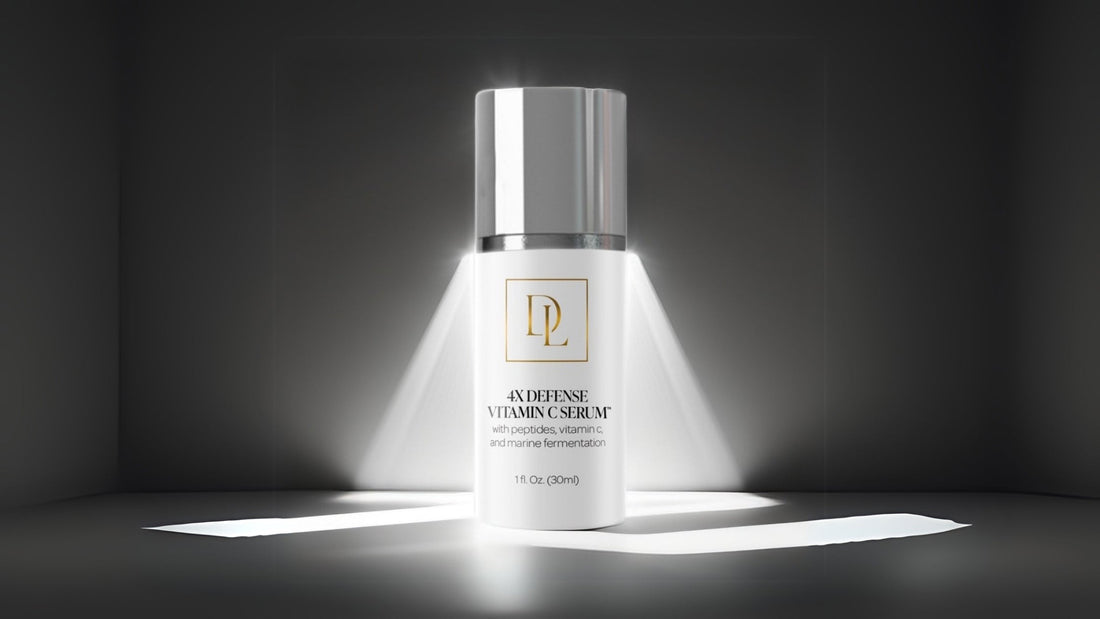
The Silent Skin Agitator: How Blue Light Causes Premature Aging
Share
How Blue Light Affects Your Skin & How to Protect It
In today’s digital world, blue light exposure is unavoidable. Whether from smartphones, laptops, or LED lights, this high-energy visible (HEV) light penetrates deep into the skin, contributing to premature aging, hyperpigmentation, and inflammation—just like UV rays.
What is Blue Light & Why Should You Care?
Blue light is a high-frequency wavelength (400-450 nm) emitted by the sun, digital screens, and artificial lighting. Research shows that prolonged exposure accelerates skin aging, weakens collagen, and triggers free radical damage, leading to wrinkles, dark spots, and redness.
The Hidden Effects of Blue Light on Your Skin
🔹 Speeds Up Aging – Breaks down collagen & elastin, causing fine lines & wrinkles
🔹 Causes Hyperpigmentation – Triggers melanin production, leading to dark spots & uneven tone
🔹 Weakens Skin Barrier – Increases free radical damage, making skin more sensitive
🔹 Aggravates Inflammation – Worsens acne, rosacea, and redness
How to Protect Your Skin from Blue Light
While reducing screen time helps, it’s not always practical. The best defense? Skincare formulated to fight blue light damage.
💡 Meet Your Skin’s Best Protection: DAYNA LYN Vitamin C Serum
Our gold-stabilized Vitamin C serum is specially designed to combat blue light damage with:
✔ Gold-Stabilized Vitamin C – Deeply absorbs for powerful antioxidant protection
✔ Collagen-Boosting Peptides – Reinforces skin structure & elasticity
✔ Pseudoalteromonas Ferment Extract – Strengthens the skin barrier & locks in hydration
✔ Coenzyme Q-10 & Glutathione – Neutralizes free radicals to prevent premature aging
The Bottom Line
Blue light isn’t just from the sun—your screens may be aging your skin daily. Protect your complexion with DAYNA LYN Vitamin C Serum, infused with antioxidants & collagen boosters to keep skin youthful, radiant, and healthy.
